
Economics students receive dedicated tutoring from peer leaders
The ASU Department of Economics at the W. P. Carey School of Business is pleased to announce the Undergraduate Economics Instructional Scholars (UEIS) for Fall 2022 — these current W. P. Carey economics students are nominated by professors to serve as tutors for 300-level and 400-level economics courses. Each scholar works with the professor who nominated them, serving as a tutor for that faculty member’s courses.
Delivering tutoring services online and on campus, the UEIS program provides economics students with consistent access to student leaders who have already excelled in their courses. Students selected as scholars receive a unique opportunity to mentor fellow students while being mentored by an economics professor.
Meet the scholars for Fall 2022
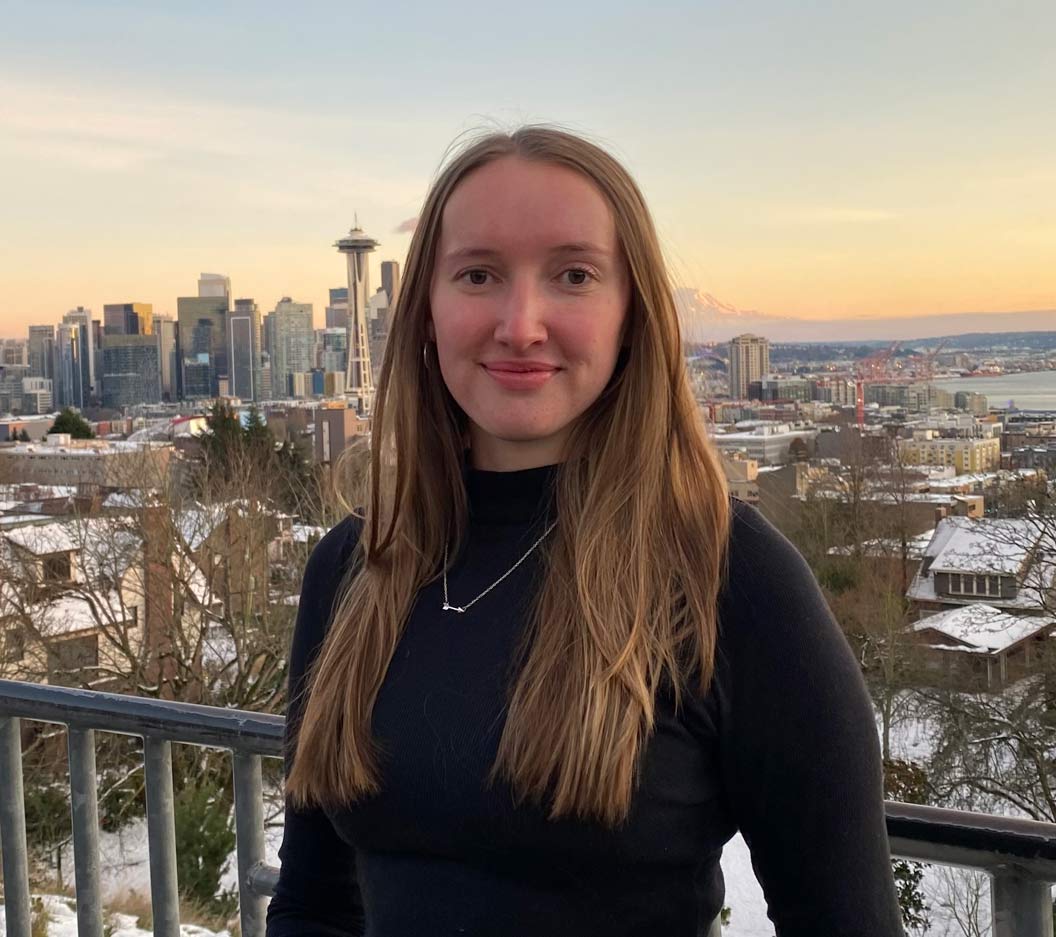
Ally Finkbeiner
Question: How did you end up in economics?
Answer: I added economics as a second major during my freshman year because I wanted to study something that would be employable in numerous different sectors. I had taken an econ class in high school and really enjoyed it, and I also thought it would be useful in understanding global news and politics.
Q: What do you like most about economics so far in your academic career?
A: The thing I like most about economics is that it is truly interdisciplinary and has so many applications. I've met people in the econ department who are interested in everything from housing markets to the role of women in economics, and it's great to see the way different students engage with econ and apply it to whatever they're most passionate about.
Q: What are your future career aspirations?
A: My ideal career would be something that combines economics with my other major, conservation biology and ecology. I'm very interested in species conservation and environmental protection, and economics plays a significant part in how the world is going to move forward with this mission. I'd like to work in ecological economics and find ways to contribute to and analyze various environmental policies in order to be as successful as possible in combating climate change and protecting the planet.
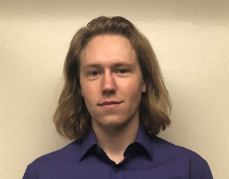
Thomas Pozsonyi
Question: How did you end up in economics?
Answer: I started as a math major and while I enjoyed it, I sometimes felt it was too theoretical for me. Adding economics allowed me to sharpen my quantitative skills in a way that I thought was a bit more applicable.
Q: What do you like most about economics so far in your academic career?
A: I've enjoyed that economics has principles that allow me to evaluate various ideas and situations in a consistent way. In my opinion, economic principles are really important in analyzing the world and considering why events play out the way that they do.
Q: What are your future career aspirations?
A: While I'm still figuring out exactly what I want to do, I know that I would like a quantitative career that requires me to think analytically. I think it is likely that at some point in the future I will attend graduate school of some type too.
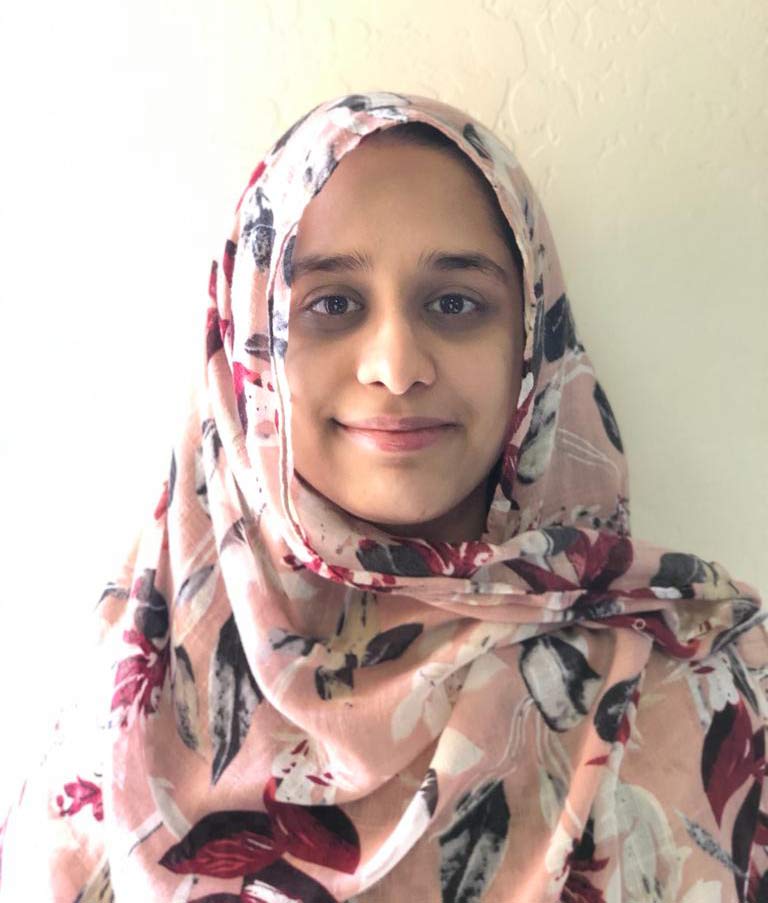
Bisma Warsi
Question: How did you end up in economics?
Answer: Economics was actually my second choice, with computer science being my first choice. I am good at math and enjoy working on math related subjects, which is why I selected economics as my second choice. At first, my plan was to resolve the issue that did not get me into my first choice but after taking two classes, I ended up loving economics and decided to keep it as my major.
Q: What do you like most about economics so far in your academic career?
A: I like being able to understand the wellbeing of our country and the rest of the world. I am not a political person, but I enjoy learning about the economic state of different countries. Economics tells you how the market works, not just as a producer but as a consumer as well. Every decision I make now is based on my learnings.
Q: What are your future career aspirations?
A: I am still exploring my future career path, although I do like teaching a lot. I am confused because I have many interests. This is why I added a psychology minor and applied business data analytics certificate to my degree, so I can keep my options open. I also took the global tech experience web development program this summer, and next summer I plan on taking the digital marketing one. Hopefully, by the time I graduate I will be able to figure it out.
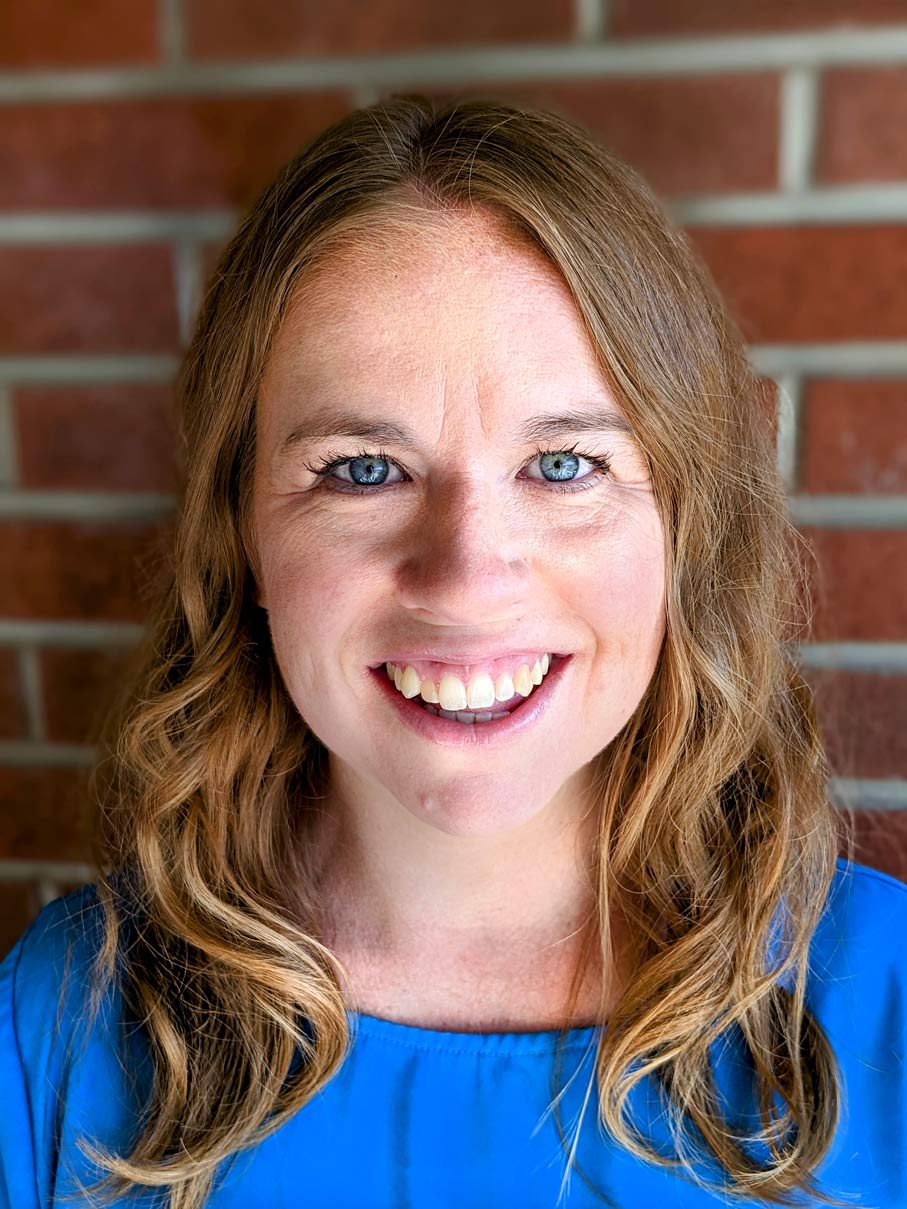
Alicia Lewis
Question: How did you end up in economics?
Answer: I first became interested in economics while sitting in Rocky Mountain Hospital for Children. My twins were born three months before their due date, and my daughter was transferred to the children’s hospital for surgery when she was five days old. The next three and a half months I spent traveling between the NICUs in the community and children’s hospitals to be with my twins.
During this time, I became curious about the two hospitals’ differences. Why were two physicians recommending different standards for my very similar babies? In trying to make the best medical care decisions for my children, I read and spoke with physicians about probabilities and severity of risks. The literature on risk and physician behavior led me to economics, and I fell in love.
Applying mathematical thinking to organization and behavior provided a clear, useful way to describe the world. Once my family’s medical complications were resolved, I enrolled at ASU to study economics.
Q: What do you like most about economics so far in your academic career?
A: My favorite part of economics thus far has been applying what I have learned in my core coursework to explain the real world. I am working on a research project that uses risk aversion and expected utility maximization to model physician decision making behavior for kidney transplants. Using economic theory and large datasets to model how and why resources are allocated has been challenging, exciting, and has the possibility of improving policy making decisions.
Q: What are your future career aspirations?
A: My career aspiration is to become an economics professor. My time as an Undergraduate Economics Instructional Scholar has solidified my desire to teach economics, and my time working as a research assistant has only increased my excitement to use data, math, and economic modeling to study the choices humans make.
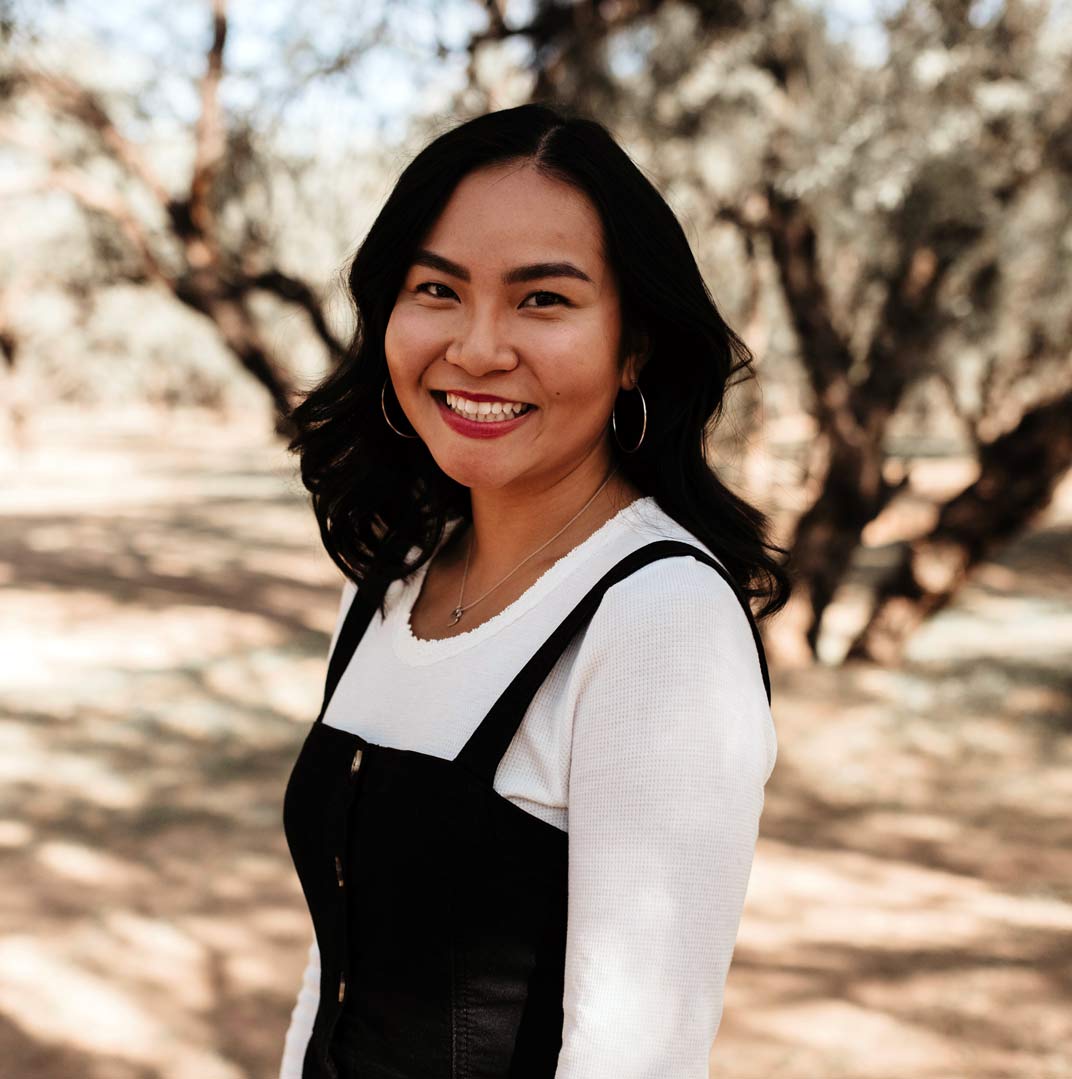
Stephanie Liu
Question: How did you end up in economics?
Answer: When I first chose to pursue an economics degree going into my undergrad, I was nearly certain I would eventually switch out of this major. Luckily for me, the more economics classes I took the more I discovered just how much economic theory fascinates me, particularly microeconomic theory since it pairs very well with my background in psychology.
Q: What do you like most about economics so far in your academic career?
A: I love that a lot of the concepts I learn in my economics courses can actually apply to my life outside of the classroom. It was also a pleasant surprise to me when I learned how large of a role math/statistics played in the field of economics since things tend to make more sense to me when numbers are involved.
Q: What are your future career aspirations?
A: My plan is to pursue a corporate job in economics or a related field, and eventually save enough money so that I can become a high school economics and psychology teacher once I have a family.

Gabriel Johnson
Question: How did you end up in economics?
Answer: I switched majors into economics when I realized that my music major was not going to work out for me well both in the short run and the long run. I had the fortune of having two things that I am passionate about and could thus switch without any regrets.
Q: What do you like most about economics so far in your academic career?
A: I enjoy being able to apply mathematics to real-world situations, and seeing how we can learn more about the world through key assumptions and models.
Q: What are your future career aspirations?
A: I hope in the future to be able to engage in economic research and public policy advising, to help create models and calculated decisions to ensure that we create policy that actually serves to improve the welfare of the people.
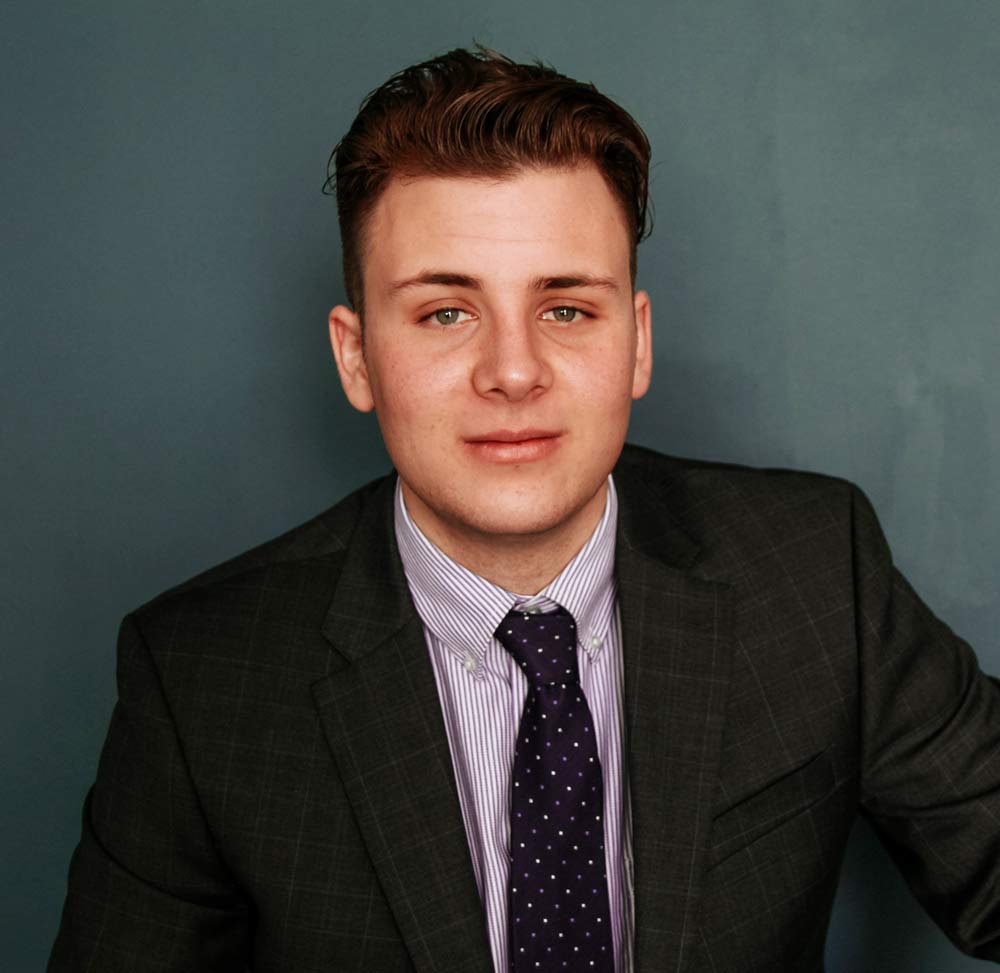
Matthew Kling
Question: How did you end up in economics?
Answer: I ended up being in economics because of ECN 312 with Professor Bertran. I heard the class had a fail/drop rate of 50% due to the large amount of math and I really wanted a challenge. Next thing I know, I'm majoring in economics and mathematics.
Q: What do you like most about economics so far in your academic career?
A: My favorite topic in economics so far has to be game theory, probably because it's a science that meshes well with my outlook on reality.
Q: What are your future career aspirations?
A: My future career aspirations are to get my mother the beach house I promised her as well as going into a job that keeps me entertained every day.
Latest news
- Pop culture is key to effective teaching
How a management and entrepreneurship professor uses Ted Lasso and other pop-culture touchstones…
- Artificial intelligence in business master's degree helps Nathan Merriman combine business strategy with technology
Nathan Merriman (MS-AIB '25) had been working in business for a few years when he learned about…
- How the Executive MBA empowered Scott Gates to be a mission-driven leader
Scott Gates (BS Marketing '04, Executive MBA '15) had a very positive experience during his…